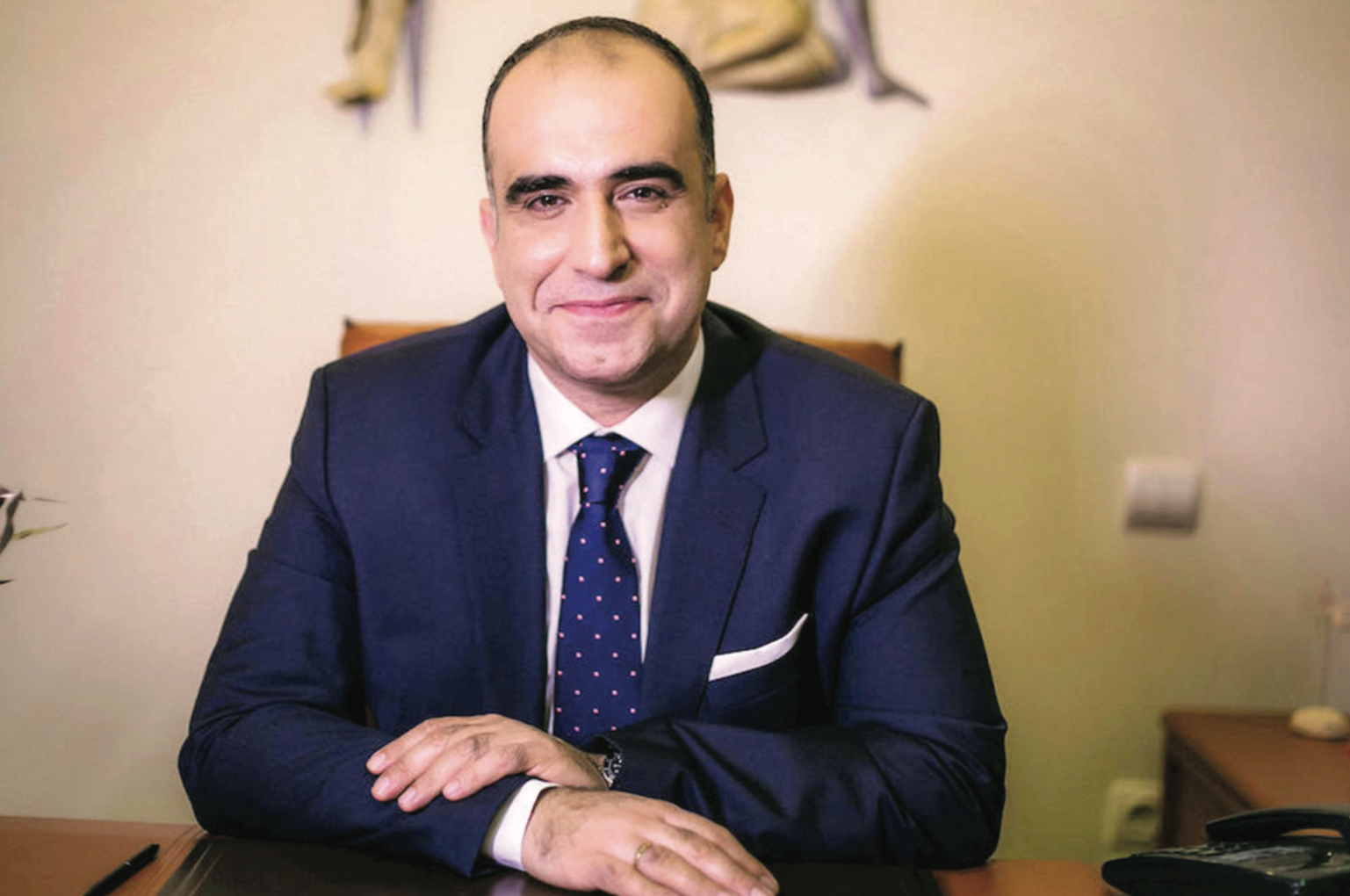
21 Jan Reaching goals that have never been achieved in the past
Dr. Kostas Sfakianoudis, Partner, Genesis Clinic Athens, suggests that setting an example for society could lead toward a positive future
As a leading specialist in human infertility, how would you describe the evolution of fertility treatments and techniques over the last decade?
Success rates have increased in extraordinary ways. Over the last decade, we were able to offer to our patients a success rate that reaches 50 percent. This is very high compared to the success rate that existed two decades ago. Unfortunately, this is a dead end for the time being. We are missing some parts of the story in order to further increase the success rate. We have managed to double the success rate compared to natural rates, which are around 20 percent on each natural cycle for every patient who has no fertility problems. Unfortunately, we are not able to increase it further at the moment because research and development (R&D) are more focused on medical discoveries, like pharmacokinetics. Future R&D will focus on specific areas, like the female uterus, in order to discover ways to increase the success rate even more. We are not far away from those breakthroughs; it is a matter of years, not decades.
What can you tell us about the breakthroughs that you have achieved in platelet-rich plasma (PRP) techniques and treatments of patients with chronic endometritis?
This was a novel technique that I applied a few years ago in order to first try to rejuvenate the ovaries. I tried to offer some older patients ways to rejuvenate their ovaries and have access to their own genetic material. It worked and it still works for a percentage reaching about 30 percent of our patients. It is not enormous, but we are able to help a large number of patients avoid what we apply in other cases. In the same way, we are able to treat resistant cases of chronic inflammation inside the uterus, cases where we notice resistance to antibiotics. In those cases, we manage to treat our patients by inserting PRP inside the uterus. This PRP contains growth factors and anti-inflammatory agents in large concentrations. It has been successful, leading to major improvement and pregnancies in very difficult cases after the application of this technique.
Recent advances and novel techniques to treat chronic infections of the uterus have to be underlined. We have noticed that chronic inflammations are not able to be treated with conventional treatments. We have started applying intrauterine antibiotics in order to treat chronic inflammations. This was our most recent treatment and now there are several groups in Greece and elsewhere mimicking this technique. There are many improvements in the area of pregnancy rates and in cases where inflammation of the uterus is discovered, this is the most challenging area of reproductive medication.
“The European mentality concerning age problems and reproductive medication usually has some dogmas that can easily be overcome.”
– Dr. Kostas Sfakianoudis, Partner, Genesis Clinic Athens
Greece is especially well positioned to become a global hub for fertility treatments thanks to the relaxed legislative framework governing in vi- tro fertilization (IVF). How are the laws in Greece more favorable than in other countries for couples seeking this type of treatment?
Most European countries stop offering IVF therapies when the person exceeds the age of 41 or 43. By providing the service to older patients until the age of 50, we allow a larger number of patients the ability to have access to our advanced reproductive technology here in Greece. In some other countries, pre-implantation genetic screening (PGS), is not available due to religious or legal restrictions. This is of- fered also without any obstacle here in Greece and this offers solutions to people suffering from genetic diseases.
What are some of the advantages that your international patients recognize when deciding to come to your clinic here in Athens to be treated, as opposed to seeking treatment in their own countries?
We are preferred thanks to the willingness showcased by our domestic doctors to help those people with their problems. The European mentality concerning age problems and reproductive medication usually has some dogmas that can easily be overcome. For example, most of the European providers do not fight cases once the patient has reached the age of 43. We, in Genesis, have victories against time every year with patients that are over 43 or 45 reaching pregnancy with their own eggs. Every year we have more than 30 patients out of that difficult age group reaching motherhood. We are willing to fight and individualize our approach towards our patients.


